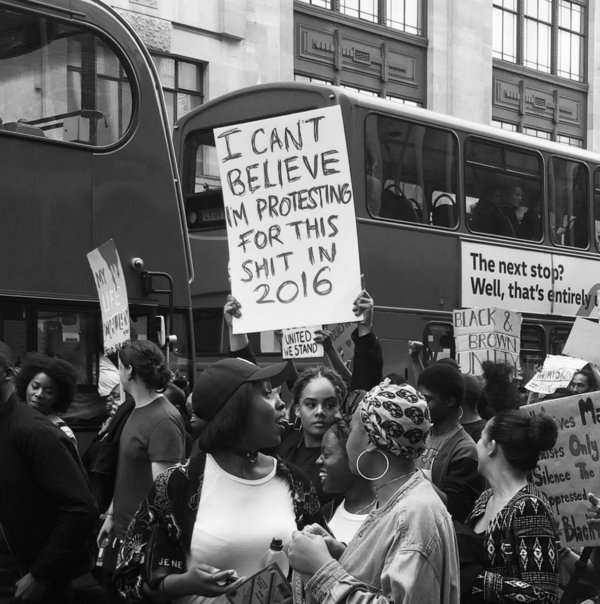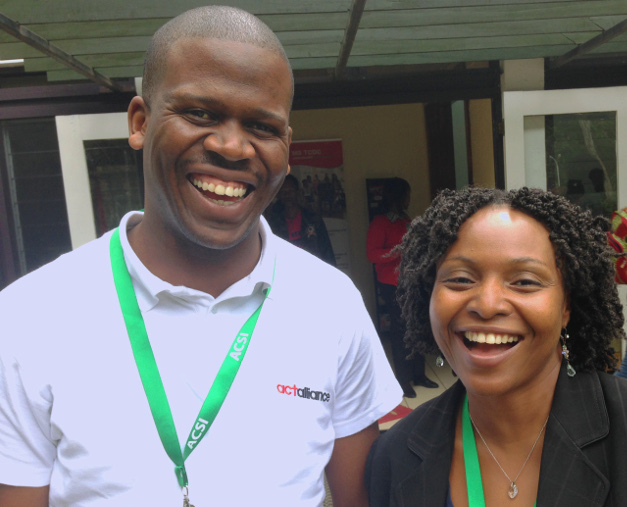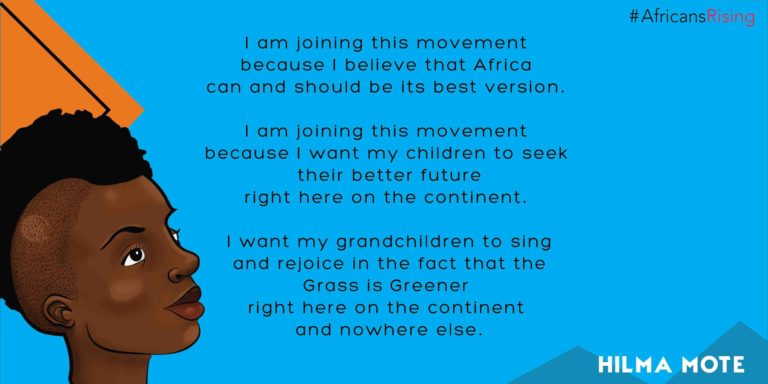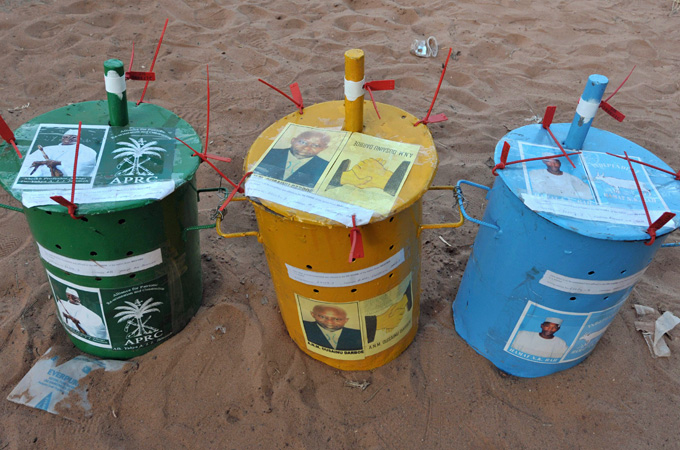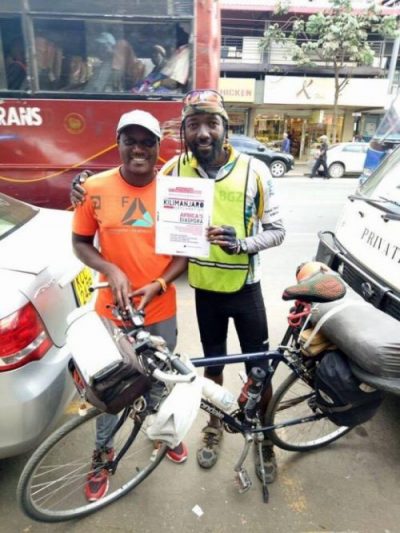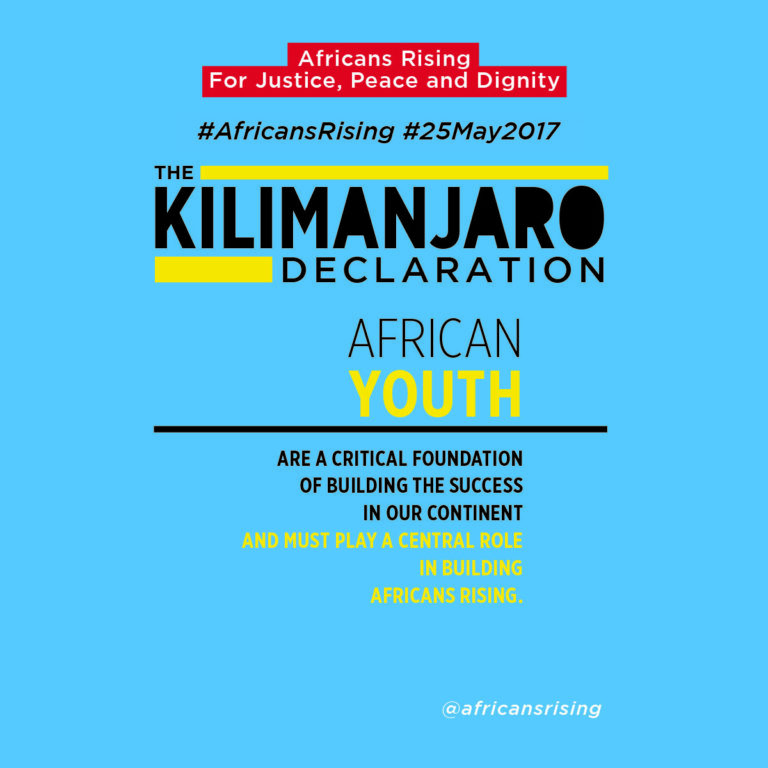Africans Rising for Palestine
One month ago today, the world was treated to horrific scenes in Gaza when Israeli soldiers opened fire, killing sixty-eight and injuring over two thousand seven hundred unarmed Palestinians during demonstrations against the relocation of the American Embassy to Jerusalem. This massacre occurred a day before the 70th anniversary of the Nakba, or catastrophe, which is commemorated every May 15th to mark the inhumane displacement of Palestinians since the violent emergence of the state of Israel in 1948. The recent killings bring to mind the Sharpeville massacre of March 1960 when sixty-nine unarmed demonstrators were shot dead by apartheid forces during an anti-pass demonstration in South Africa.
The relocation of the American Embassy to Jerusalem countered several UN resolutions and undermined the hope for a peaceful solution to the Israeli-Palestinian conflict. Thirty-three of the eighty-nine states invited by the American government to the opening ceremony sent official representations, including twelve African states – Angola, Cameroon, Republic of the Congo, Democratic Republic of Congo, Ivory Coast, Ethiopia, Kenya, Nigeria, Rwanda, South Sudan, Tanzania, and Zambia.
Out of these twelve African countries, seven are listed as not free, while five are listed as partly free in Freedom House’s Freedom in the World 2018 report. Indeed, citizens of these countries have witnessed blatant and flagrant violations of their rights within the past few years. In Kenya, the government security forces shot down protesters demanding electoral reforms in 2017. In The Democratic Republic of Congo, President Joseph Kabila insists on extending his rule beyond the constitutional two-term limit. While in Angola, seventeen activists were sentenced to up to eight years in prison for reading and discussing a book about non-violent resistance in 2016. Also in Cameroon, the government has been at the helm of a brutal crackdown on English-Speaking citizens, while in South Sudan, a two-year civil war has killed countless people and left nearly four million displaced clearly injustice and disregard for human rights is the only prevalent feature tying up these African regimes to the apartheid state of Isreal.
Oppression does not exist in isolation, and the Palestinian struggle has multiple points of intersectionality with countless struggles across the African continent for they all are struggles against a global system of the few – a system anchored on capitalism, patriarchy, and dispossession.
The Israeli occupation of Palestine has survived seventy years of criticism on pillars and strategies similar to those that supported colonialism and apartheid in Africa. Actions such as the land-grabs, the blockade on Gaza, the use of apartheid structures as a tool for controlling movement, and cultural appropriation–which are a major déjà vu for Africans. This similarity of conditions is perhaps what made Nelson Mandela remind us that “Our freedom is incomplete without the freedom of the Palestinians” in his 1997 address during the International Day of Solidarity with the Palestinian people. But do our current actions as African peoples and nation-states link our freedom to the freedom of the Palestinian people, or show solidarity with their struggles?
As we attempt to advance our work to justice, peace, and dignity across the continent, it is important that we remain vigilant and hold our governments to account for supporting human rights violations in any part of the world.
Arguably, the African Union has never supported the occupation of Palestine. Several African Union resolutions recognize the Palestinian people’s quest for an independent and sovereign state with East Jerusalem as its capital. However, after the US embassy relocation and subsequent massacre, South African remains as the only AU member state to immediately and firmly side with the Palestinian people by recalling its ambassador to Israel.
Africa and its people cannot afford to side with oppressive states. Neither can African leaders and governments claim to be neutral in the face of injustice, for as Desmond Tutu once said, “If you are neutral in situations of injustice, you have chosen the side of the oppressor. If an elephant has its foot on the tail of a mouse and you say that you are neutral, the mouse will not appreciate your neutrality”.
As citizens and descendants of Africa who deeply renounce our history of marginalisation and continue forward with our struggles for justice, peace, and dignity, we affirm our solidarity with the Palestinian people, and countless others who live under the yoke of oppression every single day of their lives.
End the occupation! Free Palestine!
Written by Sungu Oyoo

